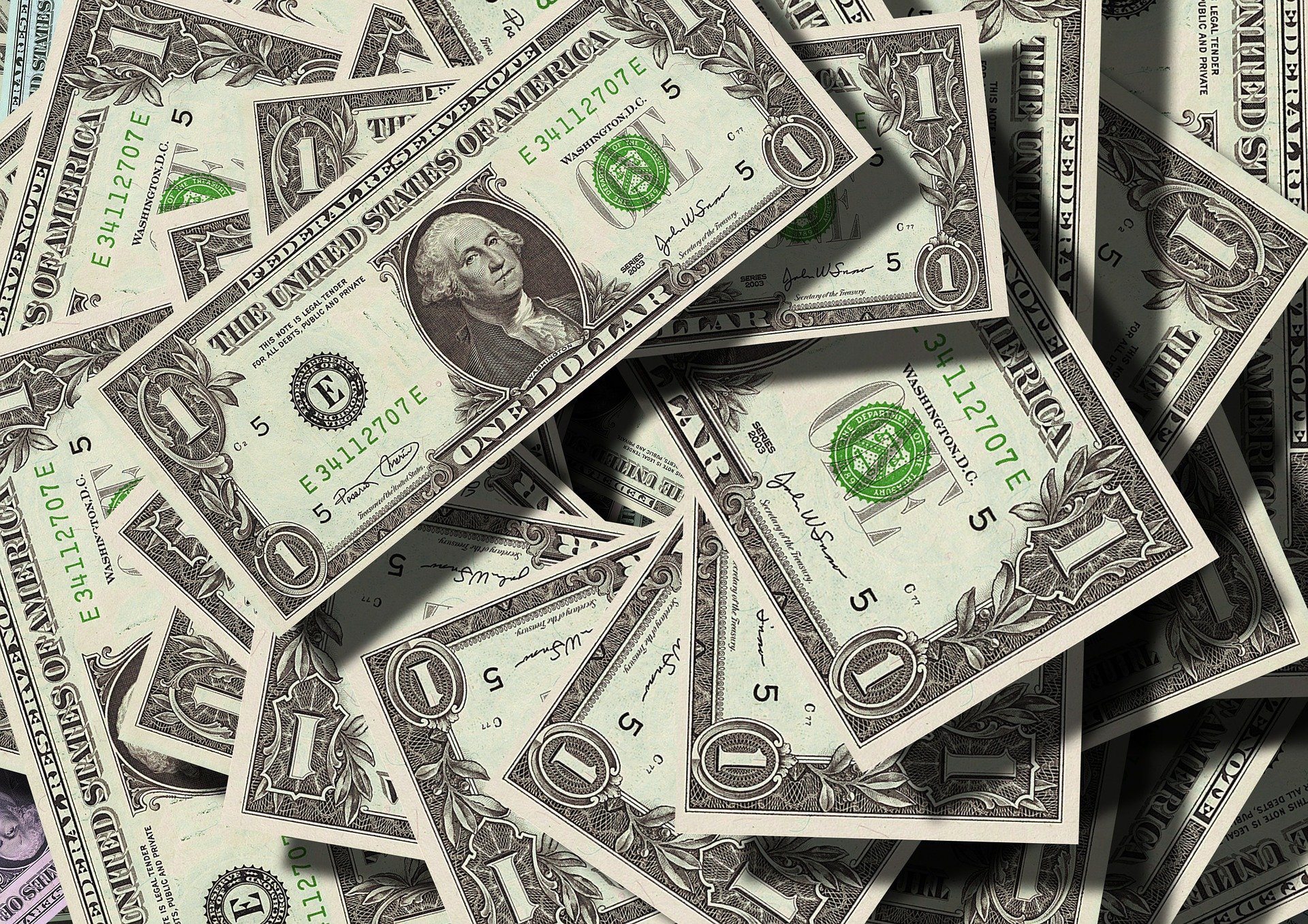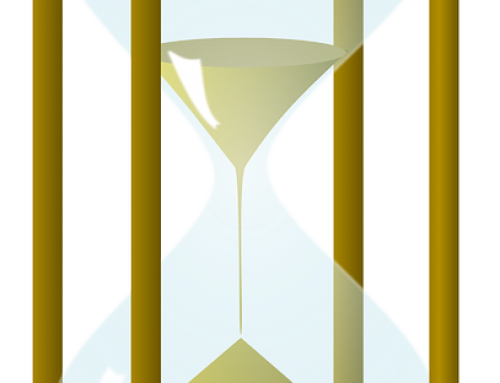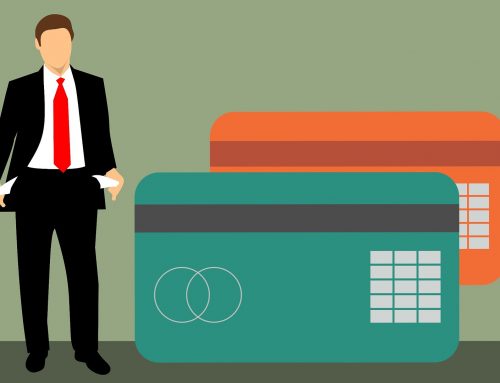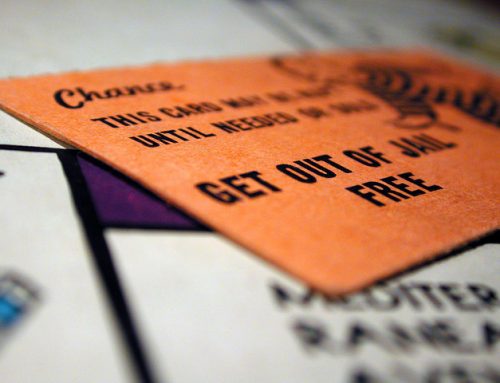Arrests and incarcerations are an everyday occurrence in the US, but not everyone is aware of the bail process. In some cases, you have multiple options to get someone out of jail, such as cash bonds, property bonds, and SCV bail bonds. But, sometimes, a judge issues a cash-only bond for a defendant.
Cash Only Bail?
There’s usually a good reason when a cash-only bond is issued. Often, the reasoning has to do with the defendant being a flight risk.
The cash bail process includes paying the full amount of bail to the court clerk, in cash, to secure a defendant’s release from jail. As long as the defendant returns to meet all of their court dates, the cash is returned minus any relevant court fees. But, if the defendant fails to show up for court, the cash is forfeit and does not get returned.
That’s why it works as such a great deterrent. With tens of thousands of dollars on the line, most people will go to court to ensure they don’t lose it.
Aside from being a flight risk, people with unpaid fines or those who have skipped bail before can also be handed a strict cash-only bail situation.
The court is allowed to hand down cash-only bail to any defendant who has punishments or fines during their sentence. That means that even if they show up for their court date, not all of the bail might be returned. Instead, any fines or other charges they must pay for the commission of their crime might come from their bail money.
Who Can Post Cash Bail?
The defendant themselves, their friend or family, or an SCV bail bondsman can post cash bail for a defendant. It must be done during normal business hours (M-F 9 am – 5 pm) at the local courthouse with the cash bail being paid to the court clerk. Once completed, the court will communicate with the jail, and your friend or loved one will be released once they can be processed out.







Leave A Comment